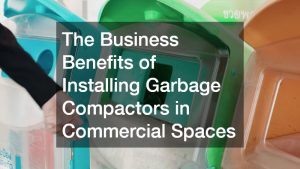

When your company has maintenance, inspection and operations teams working independent of one another, there is plenty of room left for errors. RCM asset management strategy is a comprehensive mode of operation that systematically puts plans in place to deal with all aspects of operation, keeping systems running and operating safely.
RCM asset management is focused on delivering a set of proactive strategies that concentrate on and deliver reliability in the functionality and sustainability of systems and equipment. The RCM process is centered on function and effectiveness, as well as maintaining asset integrity. One of the ways asset reliability is maintained is through inspection.
For example, recent data suggests that by the year 2020, up to one-half of the assets in water facilities may be past the mid-way point of their operational lives, which is suspected to be roughly 100 years. In 2009, the EPA assessed the water utilities and found that 60% of utilities will require replacements in the areas of water transmission and distribution. Many of those needs are associated with pipeline replacement. As a result, the Environmental Protection Agency (EPA) is estimating that $334 billion will have to be invested over the next 20 years by drinking water utilities to address deterioration infrastructure needs.
In addition to the water facilities operating into their old age, oil refineries across the country are up against similar issues as they continue to produce day after day. many facilities around the United States were built in the late 1960s and are over 40 years old. They, like the water facilities, are operating past the half-way point of their expected life.
There is obviously a very significant need right now for RCM asset management. Finding a company that knows what it is doing and has a comprehensive plan for a total outcome is essential. Completing a comprehensive and thorough analysis while requiring less time from the client is the type of RCM asset management firm that is most effective. Relying on their technical rigor and effectiveness of their results can move a company forward that is in need of facility updates and overhauls.
An RCM design that is focused on direct scheduling and the planning of tasks so that everything is laid out and prioritized is the most effective way to manage. This way, proactive maintenance and corrective tasks can be assigned. In addition, this system offers the best cost benefits analysis. This plan effectively manages existing equipment and the costs of running that equipment to its full length of effectiveness.




